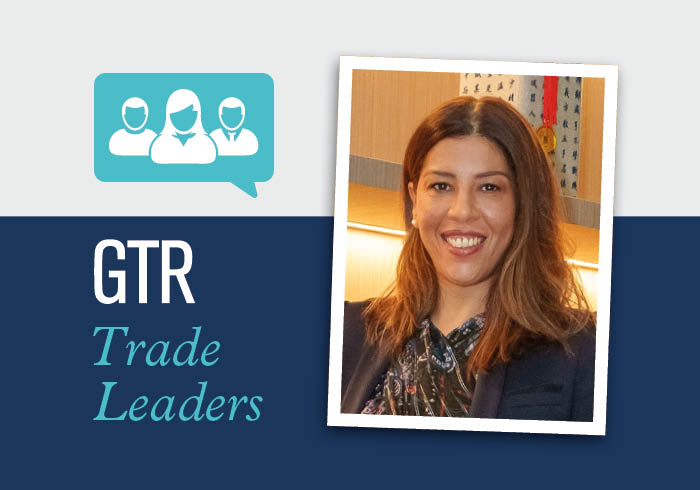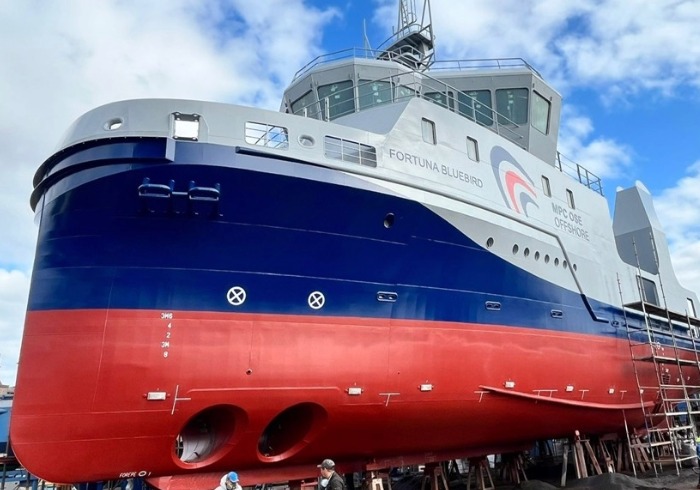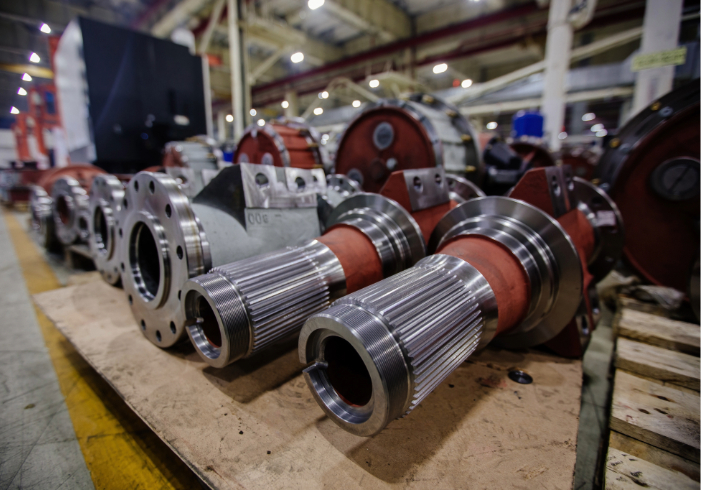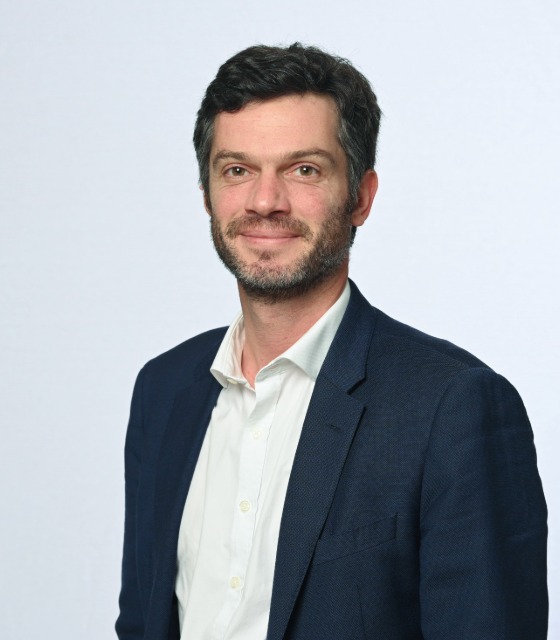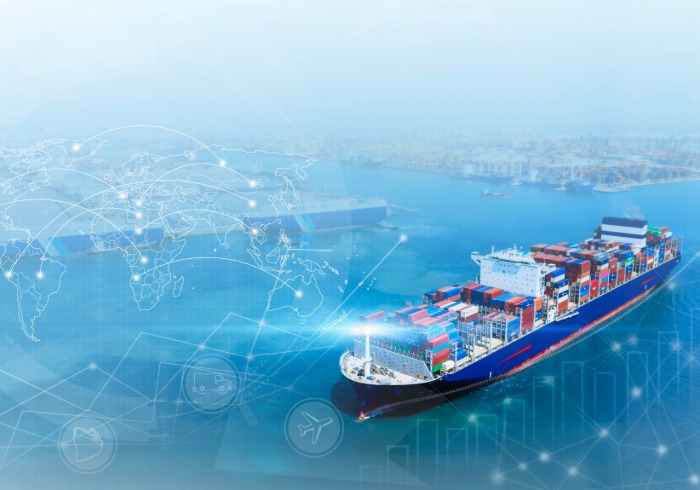As head of trade and working capital at one of the world’s biggest trade banks, Sofia Hammoucha was in the hot seat when, earlier this year, US President Donald Trump announced sweeping tariffs on key trading partners. Some of the highest proposed rates were threatened against Standard Chartered’s key markets in Asia.
While trade ructions have since stabilised through a flurry of political deal-making, Hammoucha still describes the current situation as “unsettling”.
In the latest instalment of GTR’s Trade Leaders Interviews series, the banker – who began the Singapore-based job exactly one year before the interview took place – explains why tariffs have only reinforced the bank’s existing trade strategy, laments the slow pace of document digitalisation and underscores why sustainability remains a priority.
GTR: Before we discuss trade, somebody told me that one of your hobbies is ballet dancing – is that true?
Hammoucha: Yes – in fact, I have a ballet class later this evening! I’m classic Vaganova-trained since I was really little and I never stopped. It’s something that is really, really important to me; like my meditation time and reflects the way I work… making improvements all the time, it’s never perfect, it’s never good. It gets me to focus my thoughts.
GTR: What is your general read of trade at the moment? What’s the good, the bad and the ugly?
Hammoucha: It’s very unsettling for the time being. It is difficult to clearly forecast what’s going to happen next month, or in the next six months. Banks and corporates are more cautious when making decisions. That’s what makes this year different, beyond the normal disruptions and changes that the world of trade goes through constantly. This year, the pace of change has accelerated and goes from one extreme to the other, so it’s very difficult to plan, and that’s unsettling. Clients are very cautious. There are a lot of conversations around current challenges and how they can react to them, and by the time you finish that conversation, something changes again. So, you have to build that muscle of agility and be quick on your feet, have a strategic direction of where you want your business to be, but be flexible to pivot and reset your execution plans. Trade is a living organism; there is always something happening.
GTR: Talk me through your experience of April and May this year, as the trade leader of one of the biggest trade lenders, in the aftermath of President Trump’s “Liberation Day” tariff announcements.
Hammoucha: There was a lot of effort put into trying to understand the impacts. What is the impact on each sector? What is the impact on each country? What does it mean for our clients? And then from there, mapping that to our own business, and analysing our exposures. There was a lot of homework to be done internally. It was very important for us to understand it quickly, to ask, ‘is there anything we need to pivot or focus on in terms of solutions?’.
GTR: Standard Chartered released its interim results in July. The first half of this year was stronger than 2024, but the second quarter looked softer than the first. What do you think the rest of the year will look like for trade finance?
Hammoucha: In the first half, we had 4% year-on-year underlying growth, and we continue to project the same growth for the remainder of the year. But the drivers have changed; in the first quarter we had really strong growth in the guarantees business, with some large syndicated guarantees programmes. In the second quarter, obviously there was less attention on investing in projects given the tariffs were announced early in the quarter. But we’ve seen documentary trade and underlying business going up on the export side, because everybody was trying to send their goods before the tariffs hit. Our origination activity in supply chain finance and on the receivable portfolio really grew strongly too. Going into the second half, we see the guarantees business coming back again quite strongly. Our supply chain finance and distributor finance propositions are also in high demand. Finally, we have seen our embedded trade finance FX proposition performing strongly too.
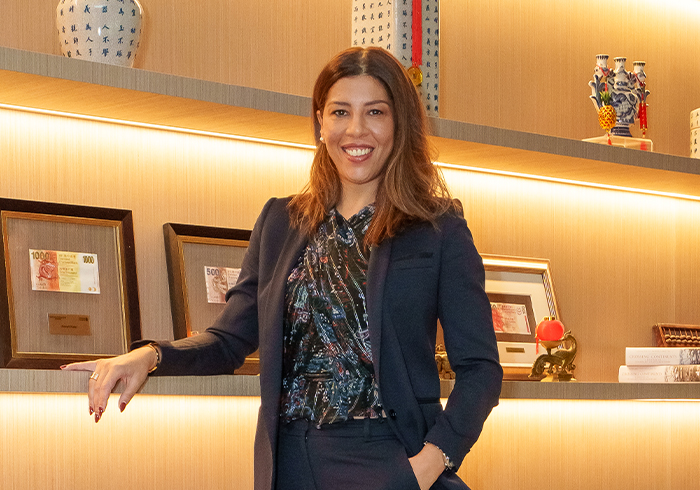
GTR: Standard Chartered is the only bank I am aware of that publishes volumes of sustainable trade finance in its annual reports. Does that reflect that it’s a priority for the bank?
Hammoucha: It is most definitely a priority for the bank. You need to be accountable for it, and not just say that it’s a priority. And to be accountable for it, you need to be transparent and really show and communicate what you are doing – how much we really are committing to the sector out of our capital and our balance sheet.
In terms of business, we have recently seen an evolution from pure play mandates to more focused, structured transactions with a strong business case. Certainly, the evolution of the regulation and governance rules supports it.
GTR: The motivation for companies to communicate such deals might have gone down because companies, particularly in the US, don’t want to be seen doing ESG deals or are even facing shareholder pressure not to do so. Are you seeing that?
Hammoucha: That’s not our experience. But what is true is that you see much more investment in sustainable projects coming out of Asia. The pipeline in Asia, less so in the Middle East, and in Europe to a certain extent, is much more dynamic. But it doesn’t mean that we don’t have any deals coming out of the US. For instance, propositions around adaptation finance are actively discussed in view of the rising climate impact.
GTR: On digitalisation, it seems there’s a bit of frustration that, after the Electronic Trade Documents Act, as well as the laws in Singapore and France, there hasn’t been a tipping point to faster adoption of digital trade documents and the like. What’s your view on the situation?
Hammoucha: It’s still really slow. We were looking at the numbers with my team – today only around 5% of bills of lading globally are electronic. There are two main causes; one is global regulation, since trade is based on legal documentation, you need legal adoption across the globe, and legislative work is slow. There’s a lot of lobbying, a lot of support, but how can we take that to the next level? The other aspect is the systems readiness and interoperability across the trade ecosystem. For instance, ship owners and ship liners, as core members of that trade ecosystem, need to adopt it.
Looking ahead, I believe that’s where digital assets enabling smart contracts could help get more traction.
GTR: Today marks your one-year anniversary in the role. When you started, did you have any particular objectives that you wanted to achieve with trade finance at Standard Chartered?
Hammoucha: When I took on the responsibility, it was quite clear for me that trade is the anchor to the bank’s corporate and institutional relationships. We are a network bank, but are we leveraging that enough, what we call the franchise value? For example, if I’m the LC [letter of credit] bank, we are looking at what other flows does this client have that we can support, and beyond that, how are we supporting their FX exposures, cash management and collection account mandates? We are really focused on growing our multi-product and multi-geographic relationships.
GTR: And how is that going?
Hammoucha: It’s going very well. The embedded FX proposition part of it was really something that we had to focus on and build. We started in January to design the product journey and the client journey. We’re embedding it at every step of the transaction. We have seen a double-digit growth in our origination across receivables, payables and distributor finance propositions.
Most importantly, we are taking a holistic approach, focusing on cross-sell, making sure that the operational flows of the client are embedded into the solutions we propose.

